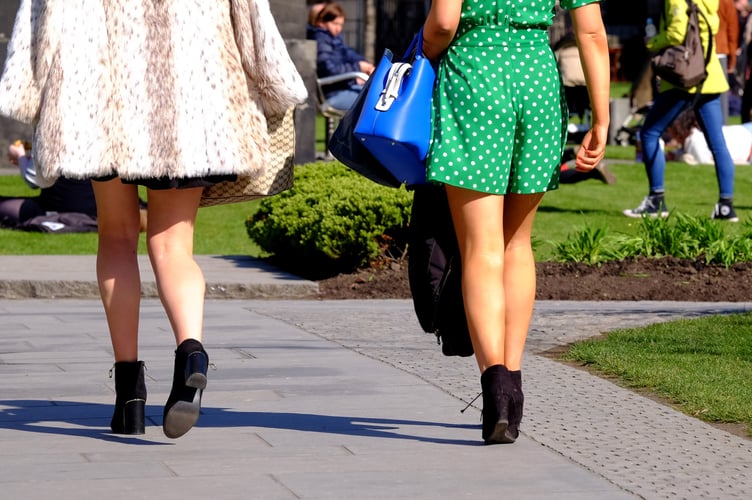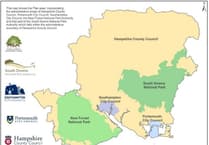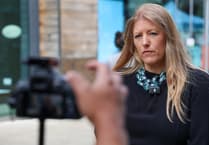More upskirting crimes were reported to police in Hampshire last year, new figures show.
Charity Rape Crisis England and Wales said the continued prevalence of upskirting, where someone takes a picture under a person’s clothing without their permission, is "deeply troubling".
The crime became a specific offence in England and Wales in 2019. It is subject to a two year maximum prison sentence and criminals can become registered sex offenders.
Figures from the Home Office focusing on crimes that primarily target women and girls show 21 upskirting offences were recorded by Hampshire Constabulary in the year to June.
It was up from 10 the year before.
Some 473 upskirting crimes were recorded by police across the two nations in 2024-25, up 20% from 395 a year earlier.
The Met Police recorded the highest number of these crimes (71), followed by the British Transport Police (59).
Maxime Rowson, head of policy and public affairs at Rape Crisis said: "The continued prevalence of 'upskirting' is deeply troubling.
"The increase in police-recorded offences does not necessarily mean there has been an increase in offending, as many victims and survivors do not wish to report to the police."
"However, what the figures do represent is a persistent threat to women's safety."
She added: "Upskirting, like all sexual offences, is a violation of dignity and privacy, and its continued perpetration against women and girls reflects the enduring presence of rape culture in our society."
Safeline, a charity which works to prevent sexual abuse and support survivors, said it welcomes the increase in reported crimes to the police. It added any form of sexual violence should be "met with the full force of the law".
Neil Henderson, chief executive, said: "However, the increase in upskirting crimes clearly indicates that legislation alone doesn't change the underlying sexist attitudes that drive these behaviours.
"Yes, systematic change is important, but so are the actions of each one of us. We all need to reflect more on our own biases and change them; educate ourselves and others about gender biases, call out and intervene more when we see and hear inappropriate behaviours towards others.
"Both things are needed to reduce these crimes, only one has changed," he said.
A Home Office spokesperson said: "We are committed to tackling violence against women and girls in all of its forms.
"We know that these crimes are underreported, and we are taking action to ensure victims get the response they deserve. This includes supporting the development of new training on non-contact sexual offences to support officers to better tackle these crimes."




